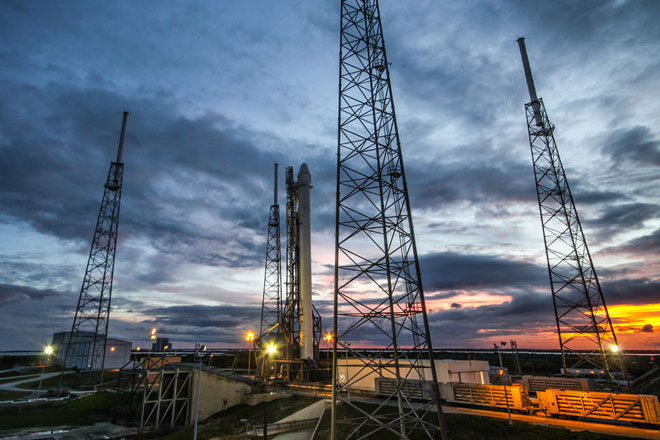
Falcon 9 is a two-stage rocket designed and manufactured by SpaceX. Photo: SpaceX.
MIAMI (AFP): SpaceX on Tuesday aborted its Falcon 9 rocket launch at the last minute, postponing a landmark bid to open a new era of recycling rockets by landing a key part on a platform in the Atlantic Ocean.
The problem that led to the delay involved the rocket's second stage, which is the portion that carries the cargo vessel to orbit after the first stage falls back to Earth.
"The issue developed fairly late in the terminal count," said NASA commentator George Diller.
The California-based company headed by Internet entrepreneur Elon Musk could make another attempt on Friday at 5:09 am local time to launch, and minutes later refire the first stage engines to land it on a floating platform in the Atlantic Ocean.
As of now, rocket launches cost hundreds of millions of dollars or more, largely because the rockets are allowed to fall in pieces into the ocean after liftoff, becoming trash and pollution.
Musk wants to transform the industry by honing technology that would allow rockets to return to Earth intact for use again and again, much like the airline industry does with passenger planes.
The company has made two attempts at controlled ocean landings already, and this launch would mark the first bid to land the rocket on a platform in the ocean.
Eventually, the company hopes to make rockets that can return to a landing spot on solid ground.
While the bid to recycle a rocket has garnered plenty of attention, SpaceX says the mission's primary goal is to bring a load of supplies and food to the six astronauts aboard the International Space Station.
The rocket launch will propel the Dragon cargo ship on its fifth official trip as part of a billion-dollar contract with NASA to replenish equipment and gear at the orbiting outpost.
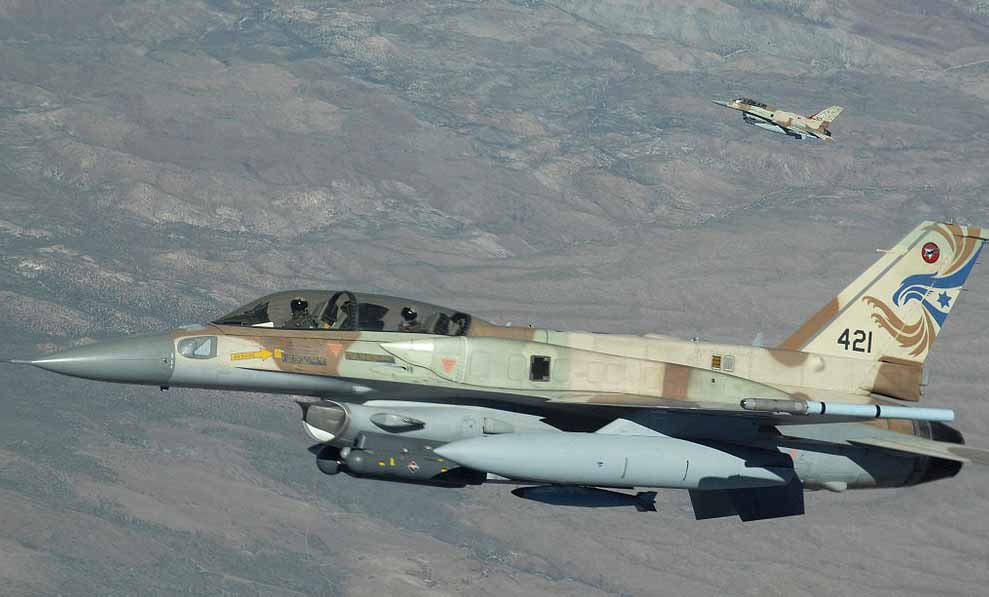 Previous Article
Previous Article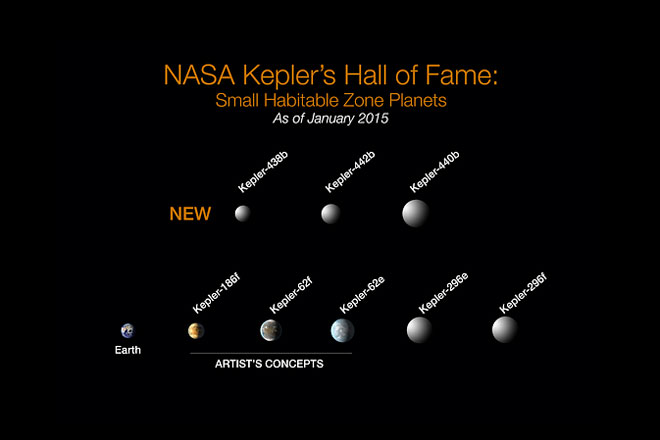 Next Article
Next Article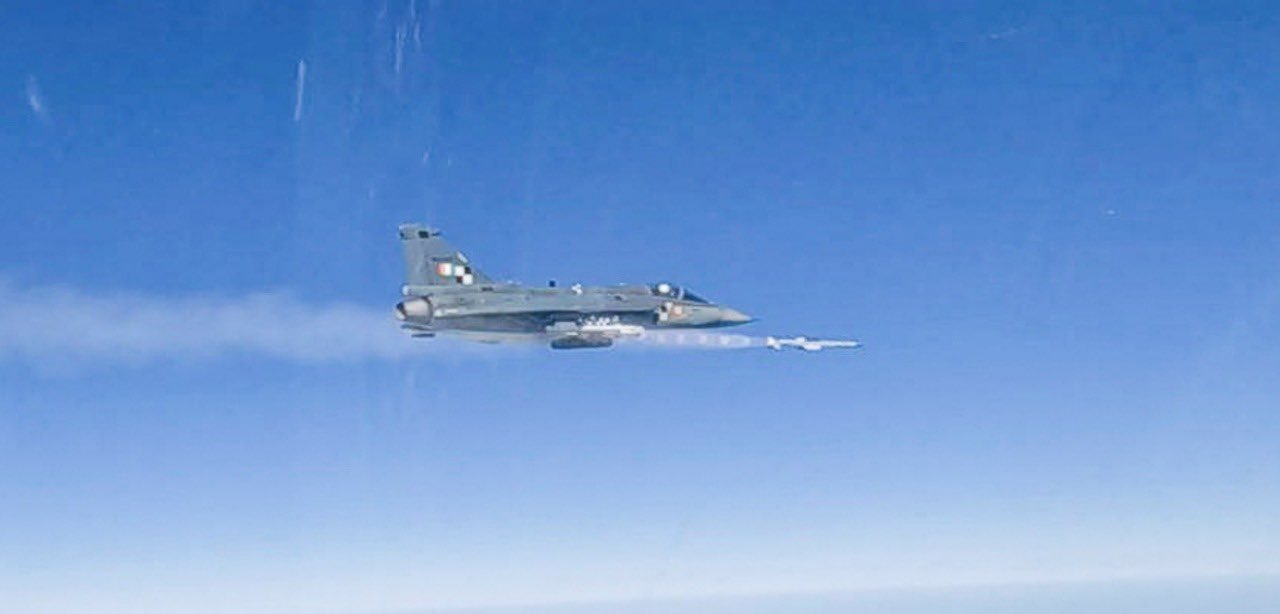
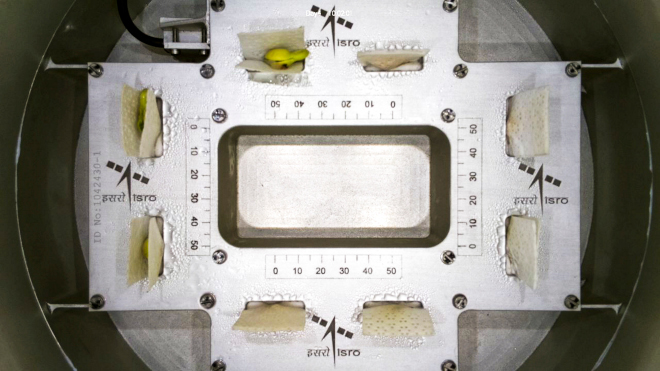











The Indian Air Force, in its flight trials evaluation report submitted before the Defence Ministry l..
view articleAn insight into the Medium Multi-Role Combat Aircraft competition...
view articleSky enthusiasts can now spot the International Space Station (ISS) commanded by Indian-American astr..
view article